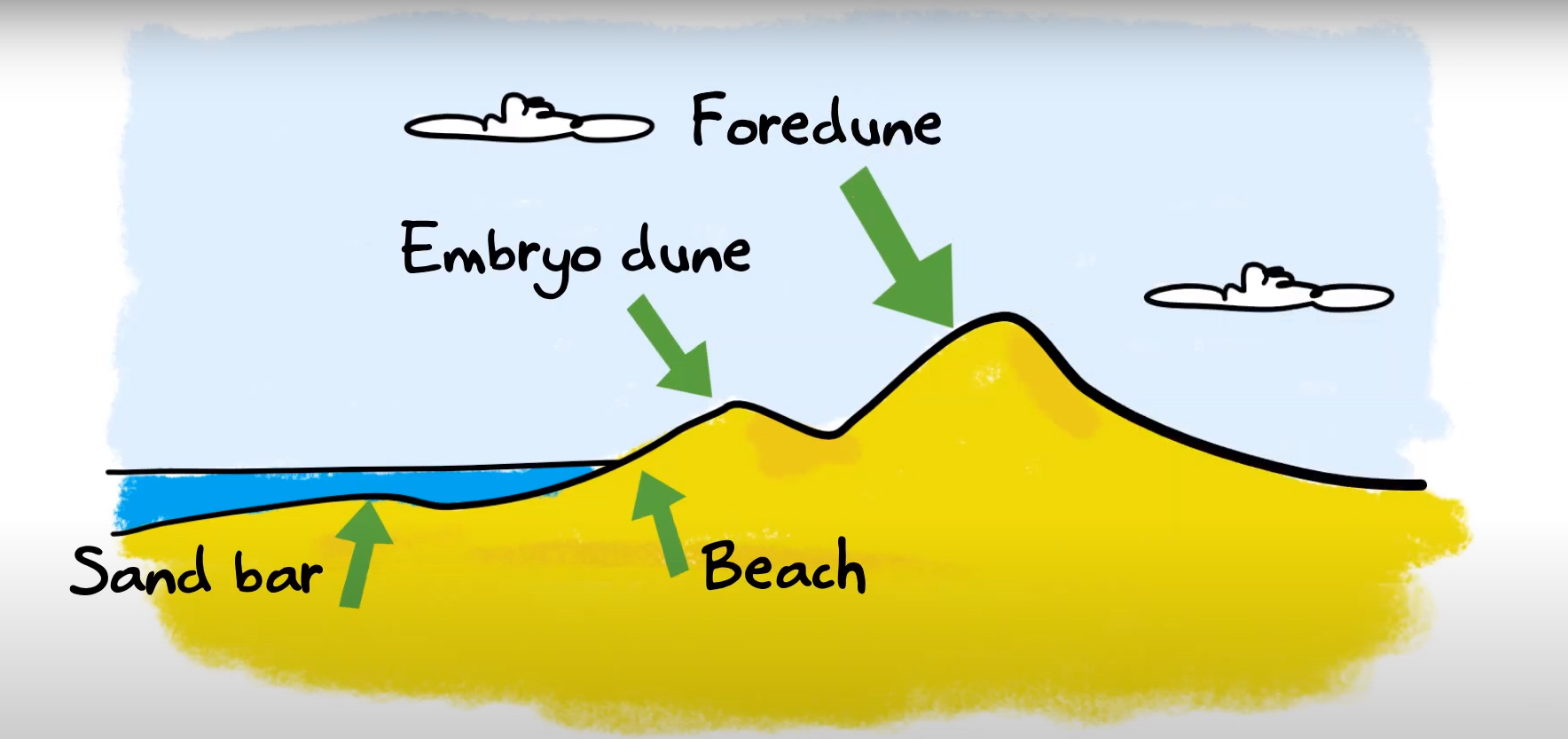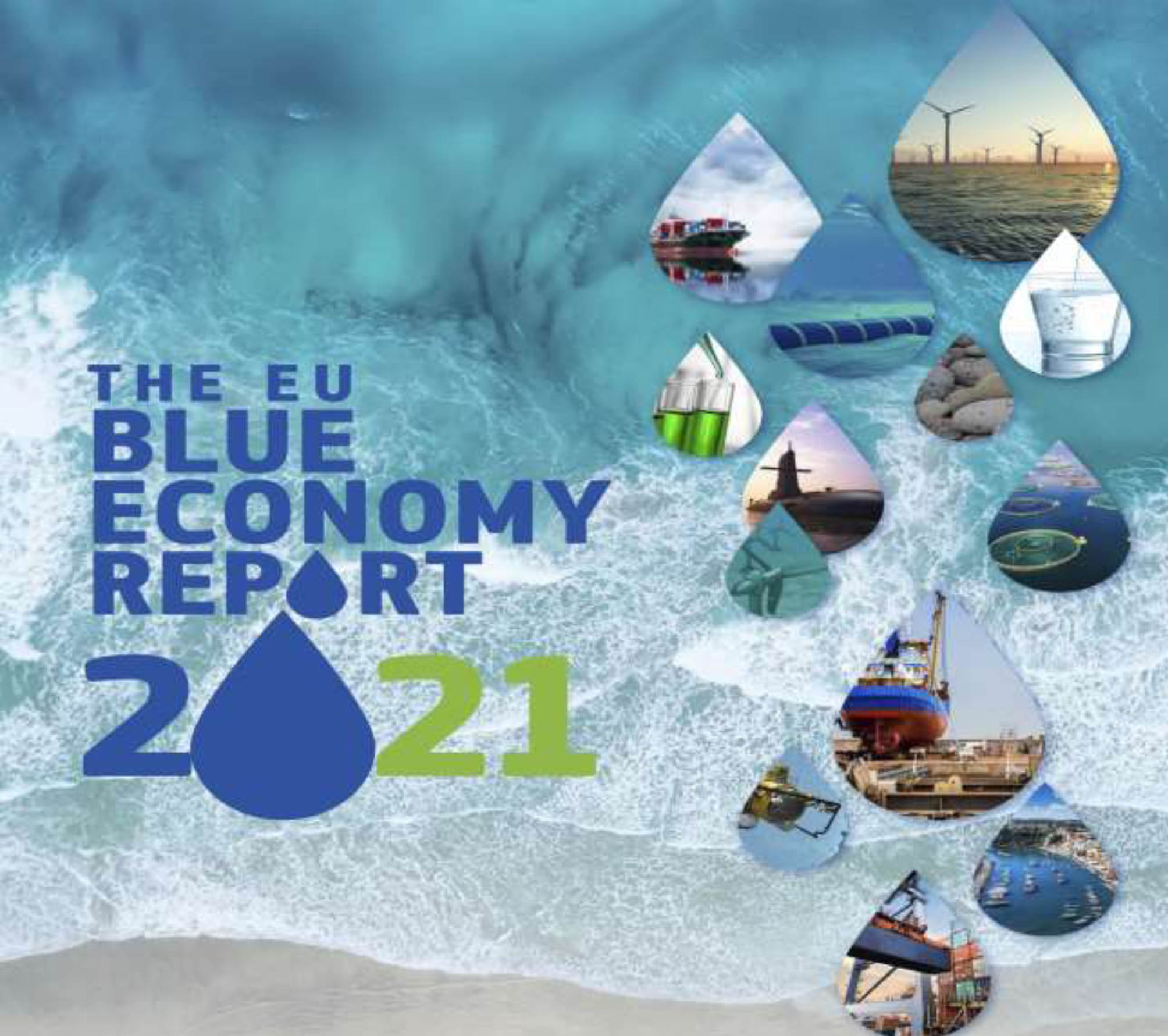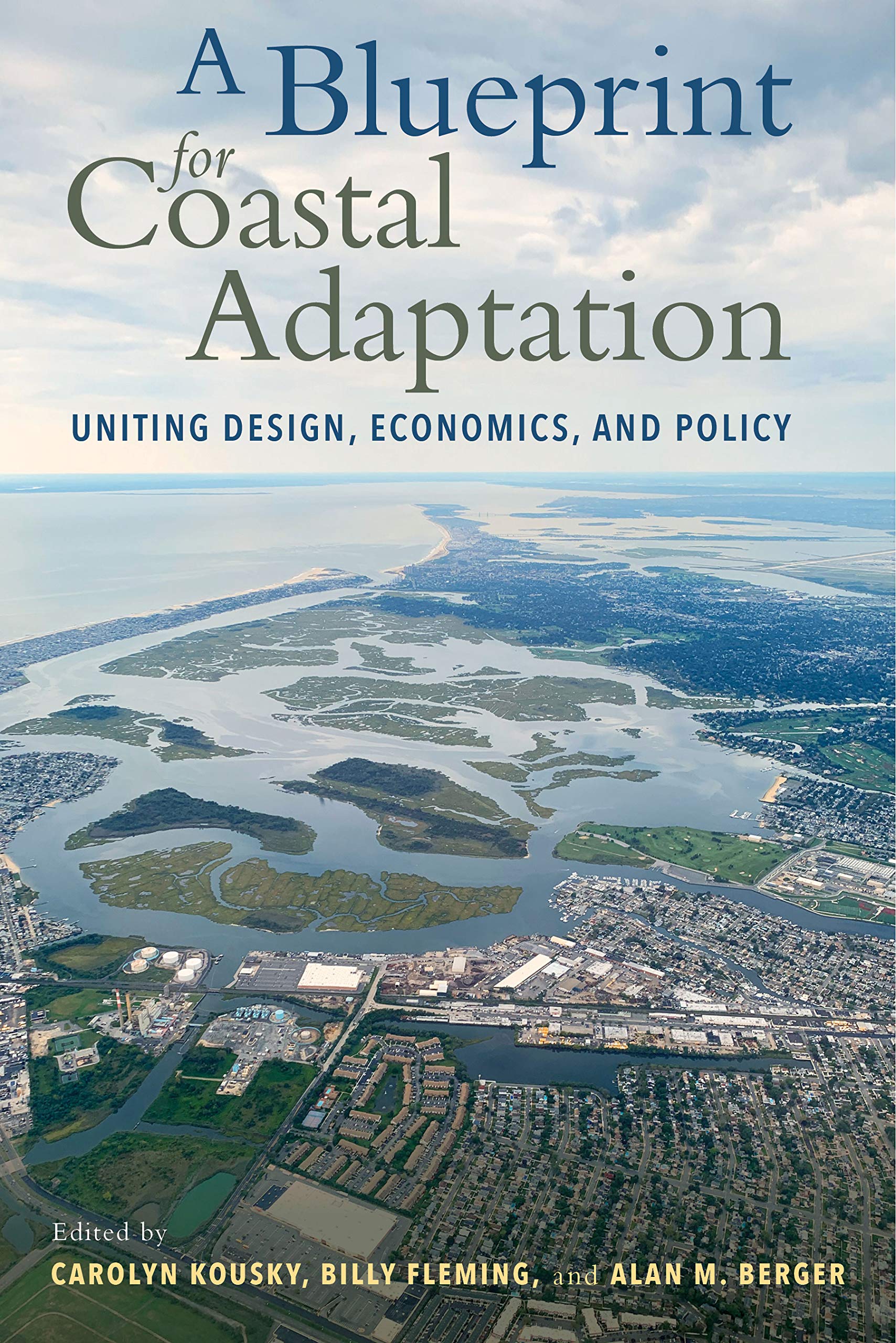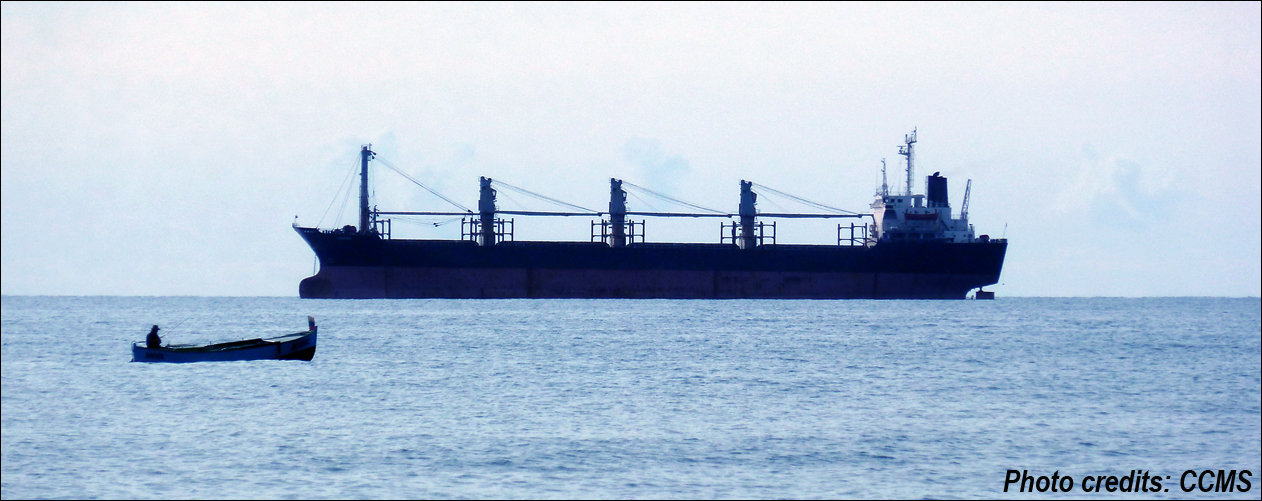News
COASTS FOR KIDS-2021: A series of educational videos about the coast, for children, and also adults!

Led by our colleague Irene Delgado-Fernandez, coastal geomorphologist (Edge Hill University, UK), this series has resulted in a wonderful contribution to environmental education on the coast.
Coasts for Kids is a collaborative experience between children and their parents, coastal scientists, community artists, teachers, animators and coastal managers. The series is aimed at kids aged 6 and over. It includes important concepts in coastal processes and coastal evolution in Episodes 1, 2 and 3, followed up by analyses of human impacts in Episode 4 and management actions in Episode 5.
The series (trailer + 5 episodes) are ready for free download, and this will be communicated in Youtube Channel and via twitter/online networks (@IreneDelgadoFe2).
2021 EU Blue Economy report – make the EU green transition leading by emerging sectors in the blue economy
The European Commission has published the fourth edition of “The EU Blue Economy Report”, providing an overview of the performance of the EU-27 economic sectors related to oceans and the coastal environment.

Commissioner for Environment, Oceans and Fisheries Virginijus Sinkevičius said: “This report shows that the blue economy is an important driver of today’s European economy, in coastal communities and beyond. Moreover, with the European Green Deal, its importance will only grow in the future. The sector will contribute to decarbonisation and other European environmental objectives with innovative solutions and by reducing its own footprint. I call on Member States and private investors to support this transformation and invest in a sustainable blue economy.”
Commissioner for Innovation, Research, Culture, Education and Youth Mariya Gabriel said: “The EU Blue Economy report marks an important milestone towards establishing the European Blue Observatory, a knowledge sharing platform that will enable near real-time monitoring of decarbonisation efforts across Europe’s blue economy sectors.”
A Blueprint for Coastal Adaptation: Uniting Design, Economics, and Policy

Tens of millions of Americans are at risk from sea level rise, increased tidal flooding, and intensifying storms. The design and policy decisions that have shaped coastal areas are in desperate need of updates to help communities better adapt to a changing climate. A Blueprint for Coastal Adaptation identifies a bold new research and policy agenda and provides implementable options for coastal communities.
Read more: A Blueprint for Coastal Adaptation: Uniting Design, Economics, and Policy
European Green Deal: Developing a sustainable blue economy in the European Union

On 17 May 2021, the European Commission proposed a new approach for a sustainable blue economy in the EU for the industries and sectors related to oceans, seas and coasts. A sustainable blue economy is essential to achieving the objectives of the European Green Deal and ensuring a green and inclusive recovery from the pandemic.
All blue economy sectors including fisheries, aquaculture, coastal tourism, maritime transport, port activities and shipbuilding will have to reduce their environmental and climate impact. Tackling the climate and biodiversity crises requires healthy seas and a sustainable use of their resources to create alternatives to fossil fuels and traditional food production.
Transitioning to a sustainable blue economy requires investing in innovative technologies. Wave- and tidal energy, algae production, development of innovative fishing gear or restoration of marine ecosystems will create new green jobs and businesses in the blue economy.
The Communication sets out a detailed agenda for the blue economy to:
Read more: European Green Deal: Developing a sustainable blue economy in the European Union
